- Category
- Anti-Fake
Live By the Sword, Die By the Sword: The Life and Death of “Texas” Bentley
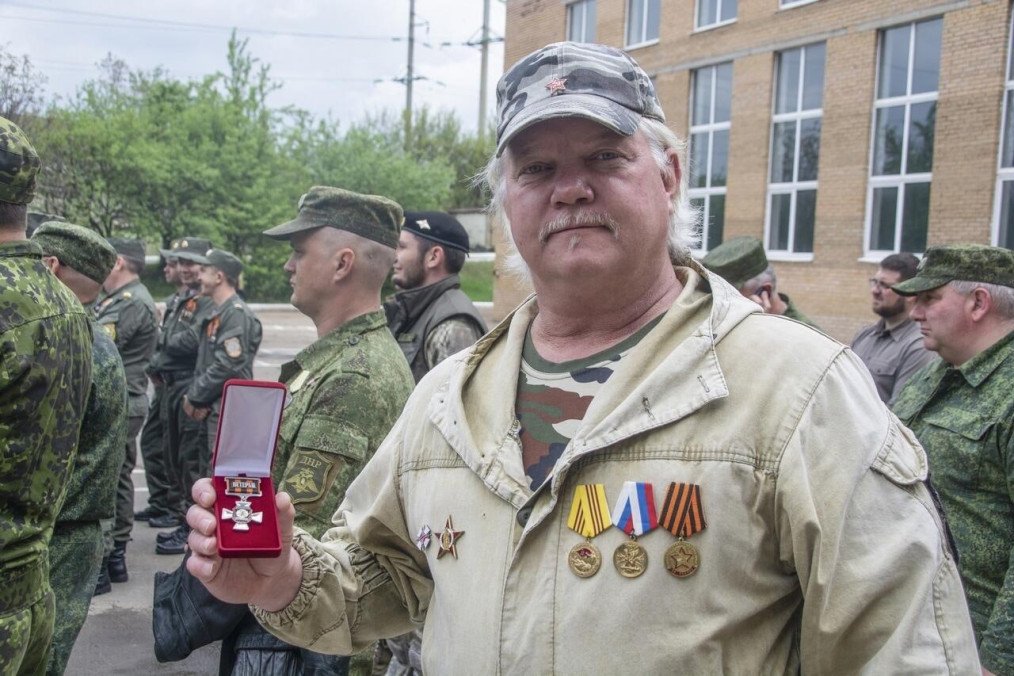
Russell Bentley, widely known as “Texas,” defected to Russia and rose to fame as a TV personality. Eight years later, he was killed. We explore the line between privilege and peril in Russia.
From American leftist to Kremlin propagandist
Russell Bentley spent his life trying to be different. Born in Highland Park, a historically conservative suburb of Dallas, Texas - where the likes of former President Bush’s wife, Laura Bush, also called home- Bentley immersed himself into leftist literature, declaring himself a socialist as an early teenager.
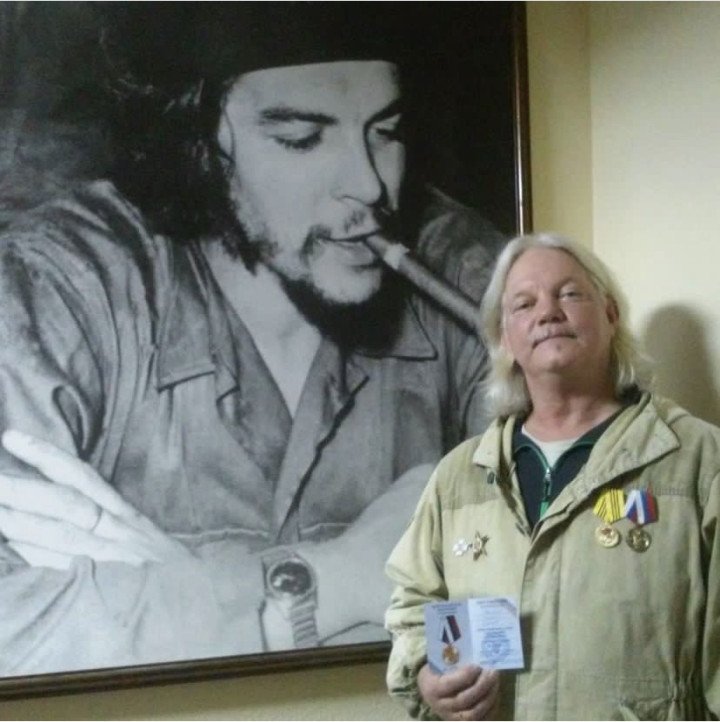
At 16, he dropped out of school and enjoyed a brief stint in the U.S. Army before being honorably discharged. The next decade of his life was spent adrift. Bentley worked as a waiter and musician at his family's restaurant in the spring-break hotspot, South Padre Island, fueled by sex and drugs. The son of a wealthy businessman, Bentley found himself lacking direction and craving his own legacy by his late 20s.
At 30, his delusions of grandeur got the better of him, and he followed a girlfriend to Minneapolis, Minnesota, where he ran for United States Senate on the platform of legalizing marijuana. He won just 1.65% of the vote. Disenfranchised by the American political system, Bentley traveled to Cuba, where he became even more radicalized, declaring himself a communist.
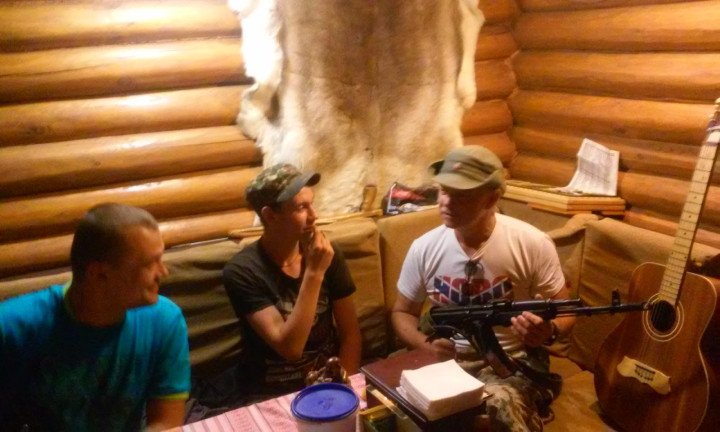
In 1996, back in the United States, Bentley’s house was raided by police, and he was imprisoned for felony trafficking of marijuana. Just before the end of his sentence, he escaped the halfway house he was living in after failing a drug test and lived as a fugitive for eight years. He was eventually caught and put back in prison to serve the final year of his sentence.
In Bentley’s case, truth is stranger than fiction. The first 47 years of his life read like a Hollywood movie of an otherwise average man searching for greatness, but in the next 15 years, his story evolves from comedy to something more sinister.
Living by the sword
Emboldened by his far-leftist views and with a growing dislike for his country, Bentley left the U.S. in 2014 and traveled to the Russian-backed Donetsk People’s Republic, where he joined the Vostok Battalion. His unit was called the “Sut Vremeni” (“Essence of Time”), which is also the title of a modern Stalinist manifesto calling for the reunification of the Soviet Union.
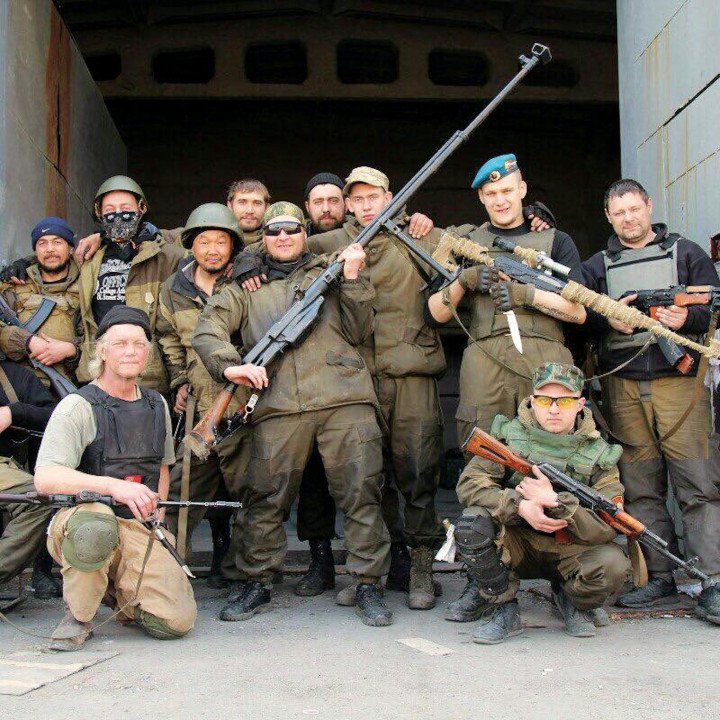
Bentley only served six months on the frontlines with “Sut Vremeni” before shifting his focus to becoming an “information warrior.” He made numerous TV appearances on Russian Television, including RT and Sputnik, spreading the usual Kremlin talking points: that he had come to fight against “US-backed Nazis” who were the “real evil of the twenty-first century.” He told Russia’s NTV he came to defend the region against “American-style Democracy.”
Leading up to his first trip to Donetsk, Bentley had become an avid reader of Russian disinformation. Now that he was there, he took it upon himself to become a mouthpiece for it. One Texas Monthly reporter who visited Bentley before the full-scale invasion recalls that, within the first few minutes of meeting Bentley, he was peddling conspiracy theories about 500 jihadists from Syria traveling to Mariupol- propaganda also spread by the DPR defense minister. Before the end of his life, Bentley had fully accepted a life in exile and embraced his newfound role as a pro-Kremlin mouthpiece. Telling the same reporter, “This is the best and happiest time in my life.”
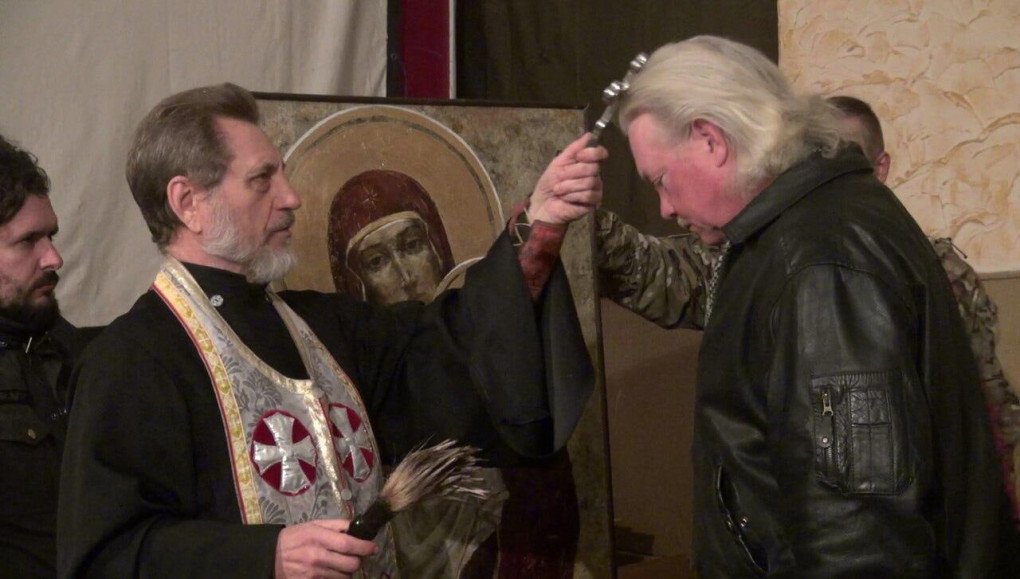
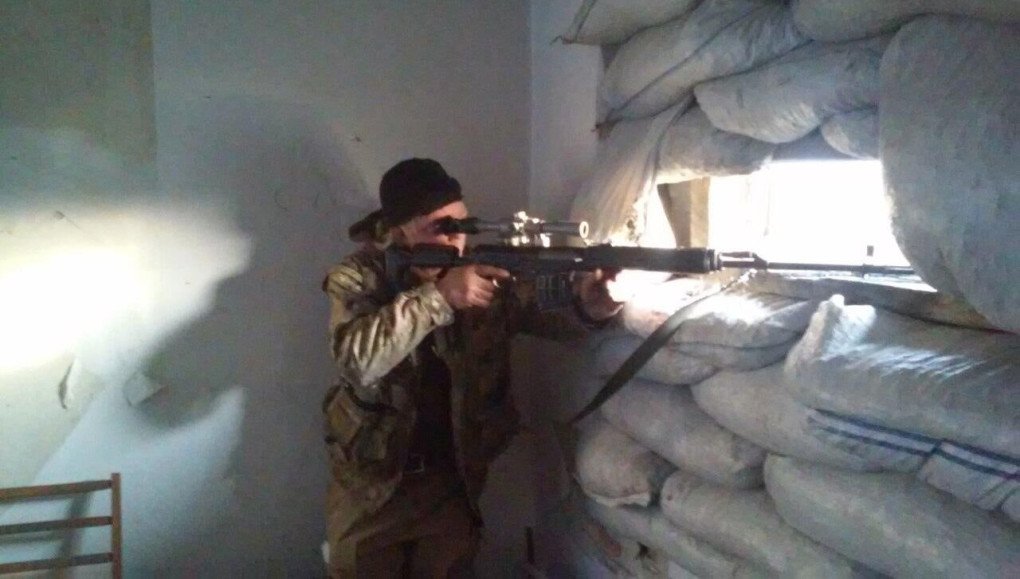
Privilege and peril
Bentley ultimately settled near Donetsk and married an ethnically Ukrainian woman. With no Russian consulate in Donetsk, Bentley was unable to renew his tourist visa, leaving him trapped in the region. He eventually gained a DPR passport, which allowed him to travel into Russia. At this point the Russian system began to work against Bentley. Despite his significant personal sacrifices for the state, he became ensnared within it, with no option but to accept Russian citizenship.
Footage of Bentley’s marriage to his wife aired on Sunday night prime-time TV throughout Russia. Now that Bentley had proven his loyalty by becoming a full-fledged member of the Russian machine, he traveled to Moscow to meet with what he called “big wigs.” From Moscow, he went on a two-week trip around the Crimean Peninsula. On his trip, he met with militia members and the Russian nationalist bike gang, the Night Wolves, whose leader is a close friend of Putin. In 2023, Bentley became a Sputnik news correspondent.
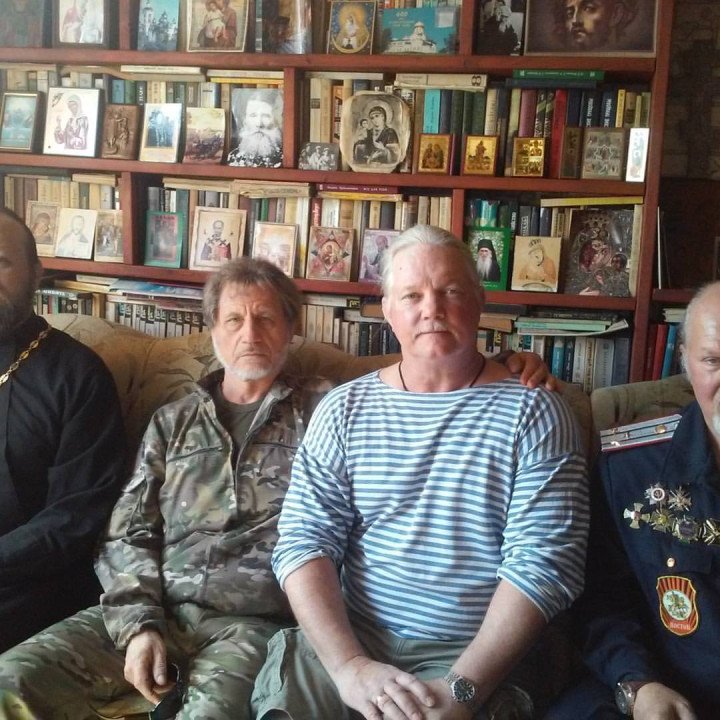
Die by the sword
On April 8, 2024, Bentley disappeared. His wife, Ludmilla Bentley, told Al Jazeera that she and her husband were visiting the Petrovsky Municipal Building outside of Donetsk when, around 3:30 p.m., they heard reports of casualties from shelling.
Bentley volunteered to help victims while Ludmilla waited inside the building. By 4:15 p.m., Bentley had not returned, and she became concerned. She heard rumors of a person unable to speak Russian being blindfolded, restrained, and taken away. When she went outside, the only sign of Bentley was his shattered glasses, hat and phone next to their car.
Ludmilla notified authorities of her husband's disappearance, and the case was turned over to a “military investigation committee.” According to a Telegram channel run by independent journalists covering news in Russia, Bentley was kidnapped while filming the aftermath of a Ukrainian attack on a Russian military unit, as he so often did for his online channel.
Alexander Korobko, who was at the time putting together a documentary about Bentley, said on April 12 that witnesses reported Bentley was “taken by people in camouflage.” Korobko suggests that Bentley was likely mistaken for a spy and taken in for questioning.
On September 20, 2024 Russia’s Investigative Committee reported Bentley was killed by soldiers Vitaly Vansyatsky, Vladislav Agaltsev, Vladimir Bazhin, and Andrei Iordanov on the day of his dissapearence. The Russian soldiers allegedly detonated a car with Bentley's body inside. According to investigators, Vansyatsky instructed Bazhin to cover up the crime by removing Bentley's remains from the scene.
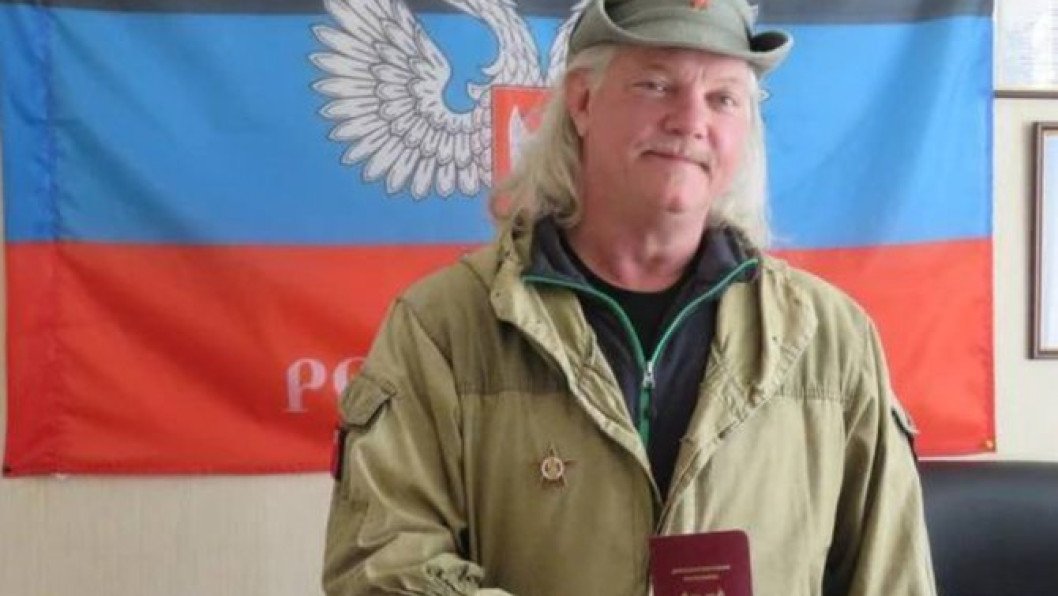
As of September 20th, Vansyatsky, Agaltsev, Bazhin, and Iordanov are being charged with abuse of power resulting in death, desecration of a body, and concealment of a crime.
A history of killing its own
Russia’s practice of killing its own is not a new one. In 1942, Joseph Stalin enacted an order known as “Not a Step Back,” where soldiers on the front line who appeared to be retreating were swiftly shot. “Panicmongers and cowards,” the decree stated, “must be destroyed on the spot.” Blocking units were established whose sole purpose was to linger behind their troops and shoot those who did not advance.
Outside of Stalingrad, over 13,500 soldiers alone were killed because of the “Not a step back” policy, showing that loyalty is not earned in the Russian war machine; it is imposed upon you with a gun to your head. Even in Russian politics, those who fly too close to the sun are often swiftly struck down.
Bentley’s case follows a tradition of Russia giving international defectors a luxurious life to help spread propaganda about how good life is within the Russian state. Bentley thought himself safe as a cherished collaborator given an enviable life by the state. While the motive of his murder is still unknown, the minute he was mistaken for someone unimportant or a threat to the cause, like a spy, he was shown the true brutality of being part of the Russian war machine.
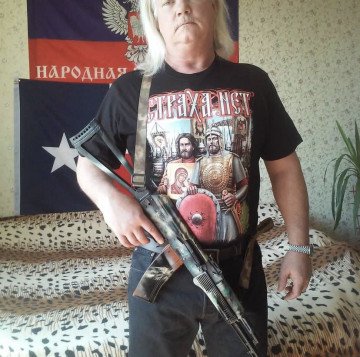
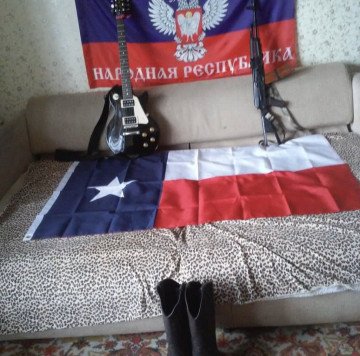
"Essentially, nobody from the U.S. who has defected to Russia has gone on to think that's a smart decision," Peter Savodnik, author of the book The Interloper: Lee Harvey Oswald Inside the Soviet Union, told NPR. Unfortunately for Bentley, he did not even get so far as to make that decision, though there are rumors he was considering returning to the United States.
In the 1920s and 1930s, many far-leftists who held ideals like the ones Bentley romanticized moved to the Soviet Union. Upon realizing what it really meant to live in Soviet Russia, they attempted to return home, only to be sent to Gulags or disappear. At least 14 Americans during that time were found to have been murdered.
The story of Russel Bentley highlights the ruthless nature of the Russian war machine, which often turns on its own, especially those who become inconvenient or are perceived as threats. Bentley's fate reflects the grim reality faced by defectors who mistakenly believe they can find security within authoritarian regimes.
-fca37bf6b0e73483220d55f0816978cf.jpeg)
-3db1bc74567c5c9e68bb9e41adba3ca6.png)



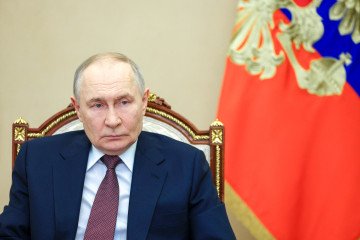
-f88628fa403b11af0b72ec7b062ce954.jpeg)